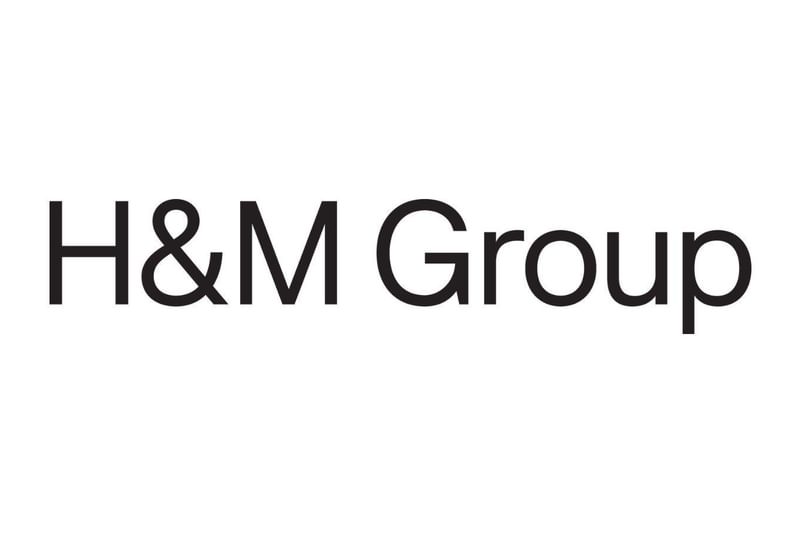
Validation services
Corporates, SMEs and financial institutions use the Science Based Targets initiative’s standards, tools and guidance to set science-based targets. They then submit these to SBTi Services Limited to have them validated.
SBTi Services Limited is a wholly owned subsidiary of the Science Based Targets initiative, a corporate climate action organization and standard-setter that enables companies and financial institutions worldwide to play their part in combating the climate crisis. SBTi Services is a distinct legal entity and operates independently from the standard-setter, the Science Based Targets initiative.
SBTi Services validates corporate climate targets of corporates, financial institutions and small and medium enterprises worldwide. By validating their climate targets, businesses demonstrate an understanding of their minimum decarbonization requirements by which customers and investors can measure them.
To be validated, companies must calculate their greenhouse gas inventories and apply the relevant Science Based Targets initiative’s standard and methodologies for calculating decarbonization targets and submit these to SBTi Services for validation. Validators at SBTi Services check companies’ and financial institutions’ climate targets with the standards developed by the Science Based Targets initiative.
For further information on how to get targets validated, please visit: SBTi Services Limited
Latest News
View News


